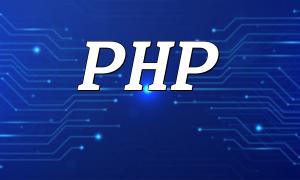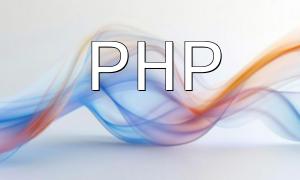In PHP development, an effective caching strategy can significantly improve website performance and response speed. The following data types are key candidates for caching:
Frequently executed database queries can put a heavy load on the server. Caching the results avoids repeated database access and improves response efficiency.
Static elements of a website, such as titles, navigation bars, and footers, can be cached on first load to reduce page rendering time and accelerate access.
Data retrieved from external APIs can be cached to reduce repeated calls and enhance system stability.
Information such as user data or shopping cart contents can be cached to minimize database access on each request.
Results from complex algorithms or large data processing can be cached to avoid redundant computation and save server resources.
Reusable page fragments, such as sidebars or footers, can be cached to speed up page loading.
Compiled results from PHP template systems (such as Smarty or Twig) can be cached to improve the rendering efficiency of subsequent pages.
In certain scenarios, initializing complex PHP objects is resource-intensive. Caching these objects can reduce repeated instantiation and improve performance.
By caching database queries, static content, API responses, session data, computation results, page fragments, templates, and objects, PHP applications can achieve significant performance improvements and better user experience. A well-designed caching strategy is essential for efficient development.








